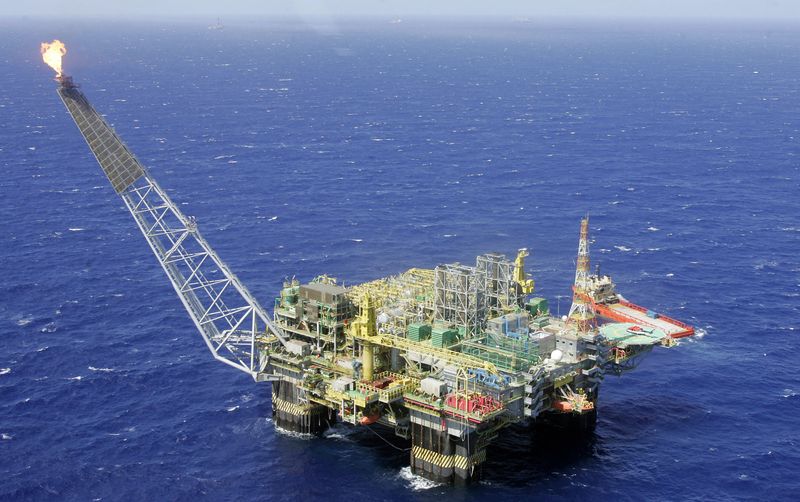Exxon Mobil (NYSE:XOM) is poised to double its production output in the high-margin Permian basin to 1.3M BOE/D, following its transformative $60 billion acquisition of Pioneer Natural Resources (NYSE:NYSE:PXD) on Monday. Amidst rising oil and gas prices and Middle Eastern uncertainty, this all-stock transaction, which offers a 9% premium over Pioneer's 30-day volume-weighted average price, has justified an upgrade from hold to buy.
The deal will add an additional 856,000 net acres in the Midland Basin to Exxon Mobil's portfolio, potentially driving positive production growth despite recent asset divestments. The acquisition strengthens Exxon Mobil's core production business, which accounts for 57% of year-to-date earnings. The remaining earnings were distributed among Exxon Mobil's other businesses, including the Energy Products segment's $6.5 billion contribution (34% of year-to-date earnings).
The merger is projected to yield $2.0 billion in cost synergies, which could potentially be returned to shareholders through dividend growth or share buybacks. At present, Exxon Mobil's valuation stands at 12.0X FY 2024 earnings, compared to Chevron 's (NYSE:CVX) 11.2X and ConocoPhillips' (NYSE:COP) 12.3X.
However, the major risk for Exxon Mobil lies in declining petroleum and natural gas prices, which could significantly impact earnings, free cash flow, and margins.
In a broader context, this landmark Exxon-Pioneer deal could trigger consolidation in the US shale industry by nearly doubling Exxon's domestic oil output. Notably, the US shale industry has transformed the US into a net oil exporter by boosting domestic output from 8m barrels per day in 2005 to 15m in 2015.
Shale profitability has seen a significant rise due to cost management and operational efficiency improvements. JPMorgan Chase (NYSE:JPM) notes that a dollar spent on exploration now yields double the oil quantity compared to 2014. Moreover, efficient methane management, a key component of natural gas, reduces the carbon intensity of US shale, as highlighted by Tom Ellacott of Wood Mackenzie.
Energy economist Philip Verleger and Pioneer's CEO, Scott Sheffield, advocate limited drilling to support oil prices. Meanwhile, Matthew Bernstein of Rystad predicts 15-20 more years of high-quality drilling. Supporting this view, the International Energy Agency (IEA) endorses short-cycle investments like shale as a preferred strategy.
This article was generated with the support of AI and reviewed by an editor. For more information see our T&C.
